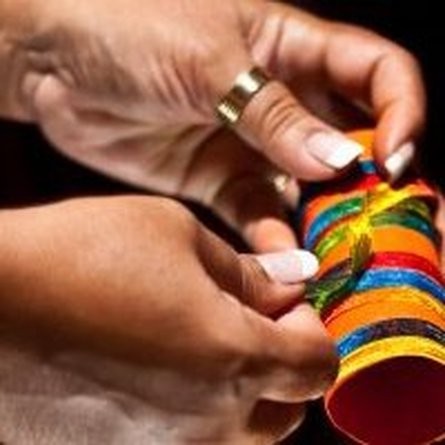We recently connected with Dellis Frank and have shared our conversation below.
Dellis, looking forward to learning from your journey. You’ve got an amazing story and before we dive into that, let’s start with an important building block. Where do you get your work ethic from?
Hands down I get my work ethic from my parents. My mother was an exceptional person. She graduated from Loma Linda University with her nursing degree and from UCLA and USC with her masters and doctorate. She was always working on something, either her own projects or helping others. She created organizations when she saw a need and was always in the service of others.
From my father I embody the need for punctuality, completeness, and follow-through. He taught me that if you give your word, honor it. He never missed a day of work from my recollection. The expectation was there for my brother and me with regards to school and which carried over into adulthood and whatever jobs we each had.
They both taught me sticktoittiveness, a word I heard my mother utter in one of her many public speaking events. They lived every day with one of the strongest work ethics I know. They modeled it for me.
Great, so let’s take a few minutes and cover your story. What should folks know about you and what you do?
The Greening of Fine Art is something I want readers to associate with me when they hear or see my name. Producing amazing creations from items that would normally be tossed in the trash heap is one of my contributions to our ecology. Repurposing, reusing, and redefining these items is a passion. I get so excited when I see an empty cardboard tube, toilet paper roll or tape dispenser roll because I see possibilities. Rescuing this refuse sometimes crowds my studio space until they are used in one of my pieces, but it is so rewarding to see a completed project knowing that it will go on someone’s wall or shelf instead of the landfill. The medium I use most is fiber. I love the texture, the possibilities of color and the flexibility of it. I wrap objects and create assemblages from these wrapped objects. You could say I paint with fibers. The multidisciplinary artist comes out during my social justice pieces. Issues that bubble up and need to be addressed sometimes cannot be portrayed with just fibers so even though I do try my best to incorporate fibers in a piece sometimes papier mâché, plaster, found objects and paint do a better job of conveying my message. I want those pieces in my social justice series to be the basis for critical conversations about issues that are most concerning to me.
If you had to pick three qualities that are most important to develop, which three would you say matter most?
The three most important qualities, skills, and areas of knowledge to me are as follows. Let’s begin with qualities – to be creative, perceptive, sensitive, and persistent. Creativity is not just from an artistic perspective but can be shown in the way you solve problems. For me being perceptive is by showing understanding and sensitivity toward others. Finally, persistence is shown by having follow-through no matter what. Do not give up!
Secondly you must have some skills. Even if you don’t have the mechanical talent already, you should have the capacity to learn. I would say the skill of being open to learning new things is a must. During the first week of a new year, I would draw a picture of a can with an eye on it for my students (representing the notion of “I can”) I would tell them until you can draw an image that represents “I can’t” I never want to hear those words coming from you. The skill to figure it out is paramount.
Lastly, is knowledge – You don’t really have to have knowledge about everything, but you do have to have the knowledge to find out what you need to know. The capacity and capability to research, to have curiosity, and to know what the tools are to satisfy each of these is key.
All the wisdom you’ve shared today is sincerely appreciated. Before we go, can you tell us about the main challenge you are currently facing?
This might seem trivial or not a real obstacle or challenge to many but for an artist it is always a matter of space, and that is important to us. I work out of my home. My studio is one of the rooms in my house which sometimes spills out into the backyard patio. Not having adequate space to store finished pieces hinders some concepts coming to fruition. I have had to scale down some works because I won’t have space to store them until they are shown or purchased. And if they are just shown and not purchased it will come back home which can become a problem at the rate I am producing work.
I’d love to take over some abandoned warehouse and scale up my work but alas living in LA would take a miracle! So, in the meantime my fabulous husband has built a she-shed for my resources to be stored and has some room for a few pieces. We’re also in talks for him to build a storage unit in our backyard for finished pieces. He’s pretty handy to have around and is a great partner.
But it is, however, a serious consideration when my concepts are being developed. Can I scale the piece up? Does it have to stay small? Will it still have the same impact if it is on a smaller scale than I would have liked? These are the things I must always consider when beginning a new piece.
Contact Info:
- Website: https://dellisfrank.com/
- Instagram: https://www.instagram.com/dellisfrank_theartist/
- Facebook: https://www.facebook.com/DellisFrankTheArtist
- LinkedIn: https://www.linkedin.com/feed/
- Twitter: https://twitter.com/defStyles








Image Credits
Bryan Frank




